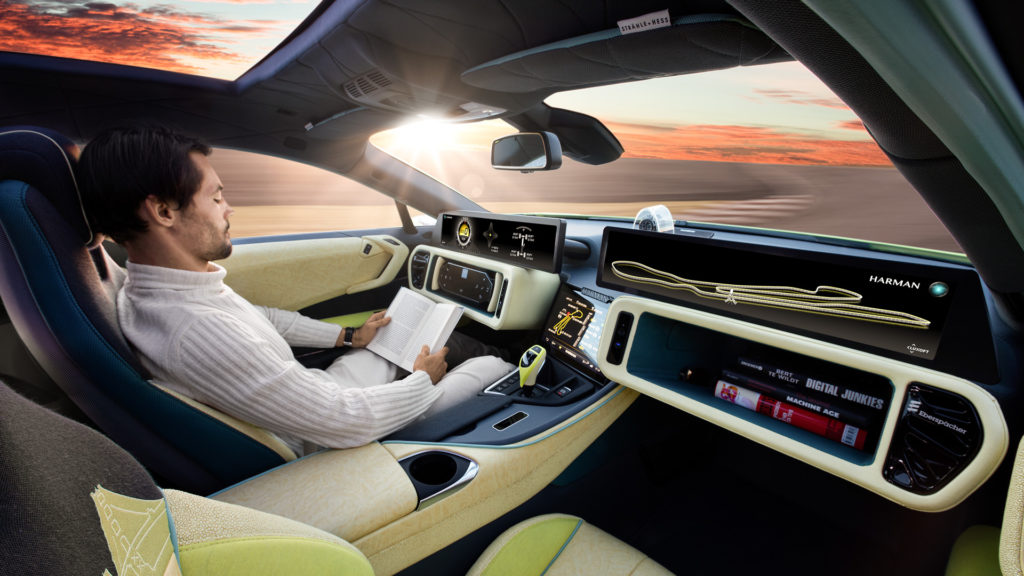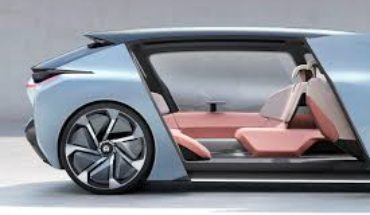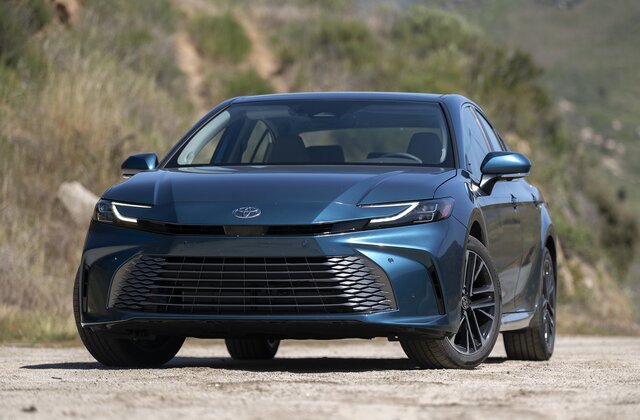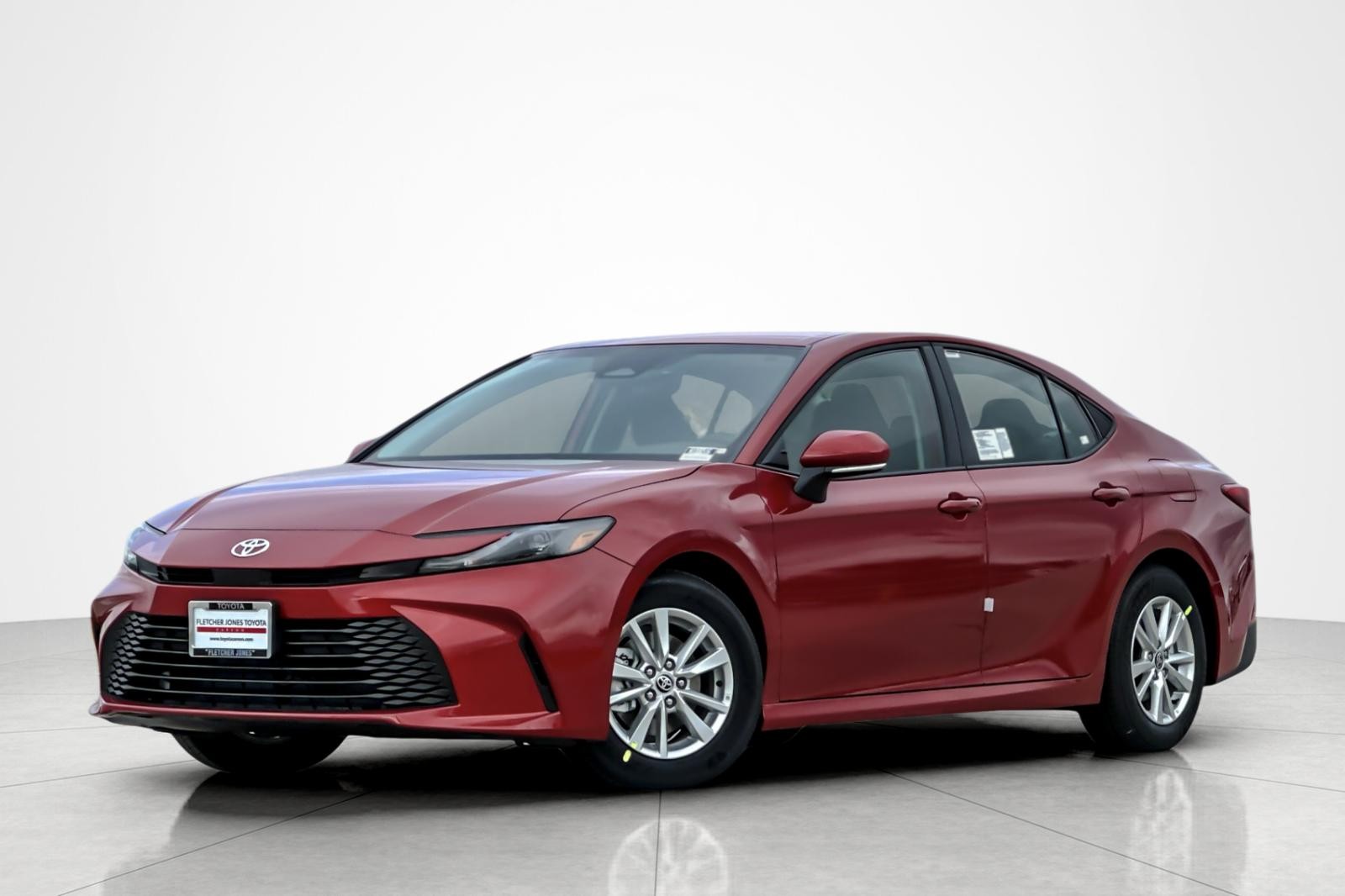Not long ago our ancestors had to live in small caves and had to fight with other animals for resources. Most of them didn’t live beyond their early 20s’. Plus, they didn’t have anything to showcase for apart from those badly manufactured stone tools. Fast forward 10000 years and people are now living in sky-high apartments, most of them are healthy even in their 70s’ and 80s’, and people can now boast of a myriad of technologies that ancient people couldn’t even dream of. Now, you might be wondering what future has in store for us? I would say the opportunities are limitless. Today, I am going to give you some ideas regarding exactly how technology and innovation can shape our future.
No more deadly diseases:
In early 90s’ HIV was a sure death notice. Fast forward 20 years and you can now live a normal healthy life with the help of modern anti-HIV medications. Well, there isn’t still any cure for HIV, but if anything our past taught us – nothing is impossible.
Likewise, there isn’t any cure for most cancers. Modern diagnostic tools and treatments such as surgery, radiotherapy, and chemotherapy have made it possible to detect cancers at an early stage and treat them. Now you even can have a vaccine for cervical cancer and hepatitis-B that is responsible for liver cancer. The credit? Advancements in genetic engineering and drug development. As a result, fewer people are likely to die from life-threatening diseases in future such as cardiac arrest, stroke, or diabetes mellitus.
Gene mapping is the solution for genetic disorders:
Genetic engineering has also made it possible to diagnose genetic abnormalities in utero and prevent them. Genetic abnormalities such as Down syndrome and autism were once labeled as a curse from God and untreatable. But in future, we can expect people suffering from those diseases to live a moderately normal life thanks to complete mapping of our genome and detection of faulty genes responsible for diseases. Likewise, stem cell therapy would replace normal treatment protocol.

Food production would be easier:
Right now food production is a major issue. But it won’t be in the near future. Presently our traditional farmers have to rely heavily on climate and natural lighting conditions. But within the next few decades, you can expect a sharp rise in crop yield around the globe. People would be able to grow genetically modified crops, which are devoid of harmful ingredients, indoor and under artificial lighting conditions. Right now you might find the prices of food products varying greatly during different seasons. But in future, the product prices would be a bit more consistent largely due to technological advancements and its implications in the agriculture sector.
Electric cars might just be the norm:
In developed countries, you might already have come across electric cars while rushing the streets with your gas driven car. But remember, oils aren’t there for the eternity. Sooner or later the oil reserves would start to dwindle, and you might have to find an alternative energy source for your cars. Well, within a few years you will start seeing more and more electric vehicles on streets, and soon their number might even surpass traditional cars.
Definition of “home” would be changed:
Right now most of us live in traditional homes made of bricks and steel. But some people already live in cars, which are known as recreational vehicles. I understand those vehicles aren’t that many in number and people still use them mostly for entertainment purposes. But in future, you might see a splurge in numbers of mobile homes. People would actually start living in large cars so that they can move from one place to another with minimum fuss. Currently, we have to go through a tiring procedure while relocating from one city to another. But in future, you would be able to take your home with you – the whole world would basically be your home.
Everything will become digital:
Even now most of our things are digitally connected. We use the wireless connection for communicating with our friends and families all around the globe. This will only escalate in the coming years. Your cars, homes and electrical appliances would be connected. Things you did manually in the past would be replaced by robots and automated machines. I am not saying that technological advancements are for good every time. In this case, people would lose the job, especially in developing countries.
We will go green:
There are already enough concerns regarding the long-term sustainability of our environment. There is that issue of global warming and waste disposal. Right now we are just talking regarding the harmful effects of environmental pollution, but in the near future, our technological advancements would allow us to use biodegradable materials for packaging and transportation of goods. At the moment we are too heavily reliant on plastics that is really harmful to our environment. But soon plastic will be replaced by cellulose and other materials derived from plants. Other sectors would follow suit and replace their harmful ingredients with environmentally friendly components.
Sun would be the biggest source of energy:
Within the next few decades, we would use solar energy as a main source of power. Well, there are valid alternatives such as nuclear power. But I guess we all know how devastating nuclear power could be. So, in all likelihood, solar energy would power lights, fans and electric appliances in your house. Plus, in future, we will use solar energy for heating our homes instead of gases.
Sweeping changes in how we conduct business:
In future, there would be massive changes to how we conduct business. Facebook and other social media platform will remove communication barrier, and people won’t need physical offices anymore. More and more businesses would migrate to an online platform.
To sum things up, we really can’t guess where technological advancements and innovations would lead us to. While most of those changes should have a positive impact on our lives, there would be occasional hiccups, and we should be prepared for that too.




